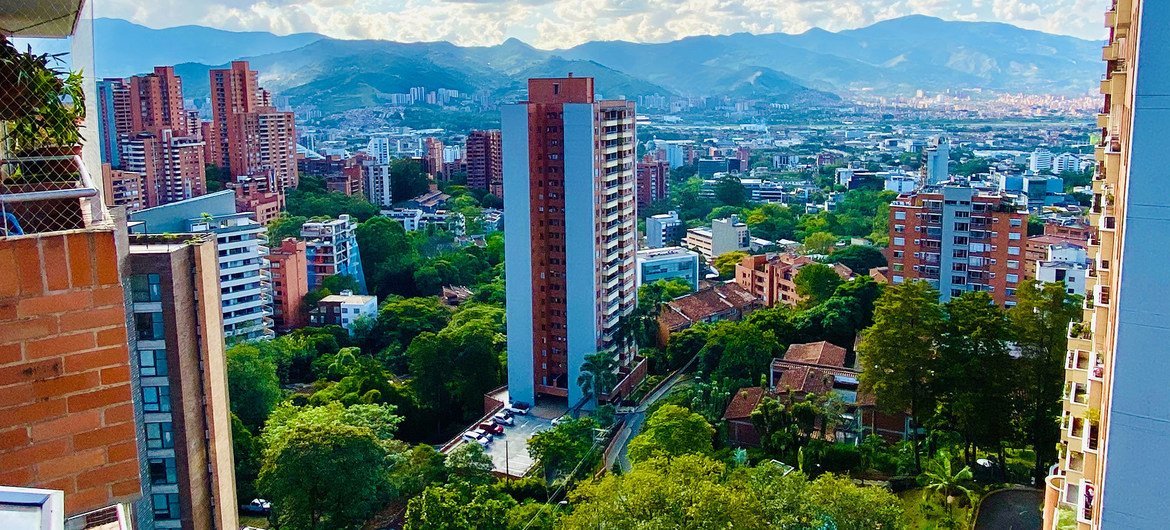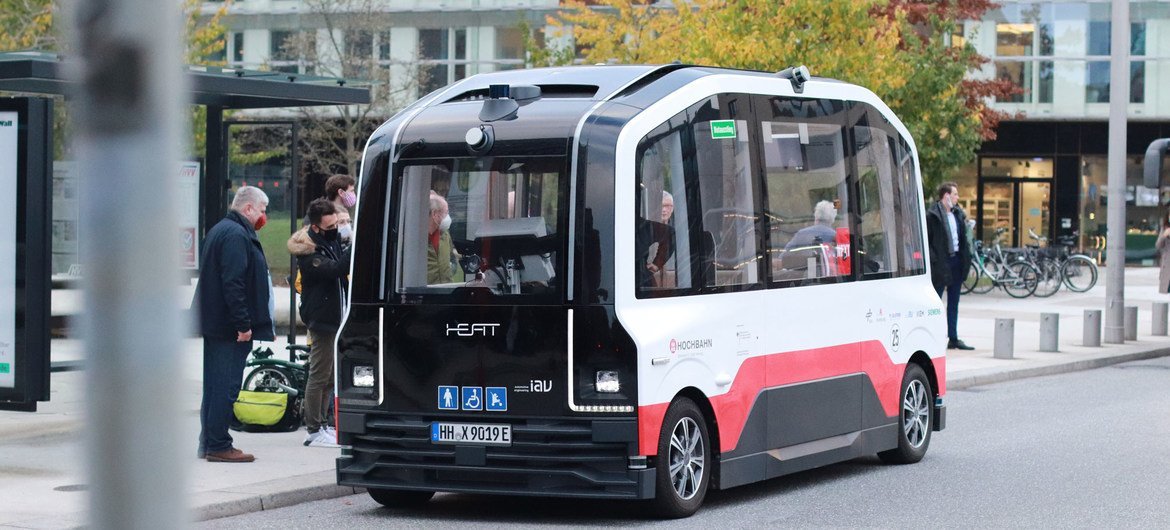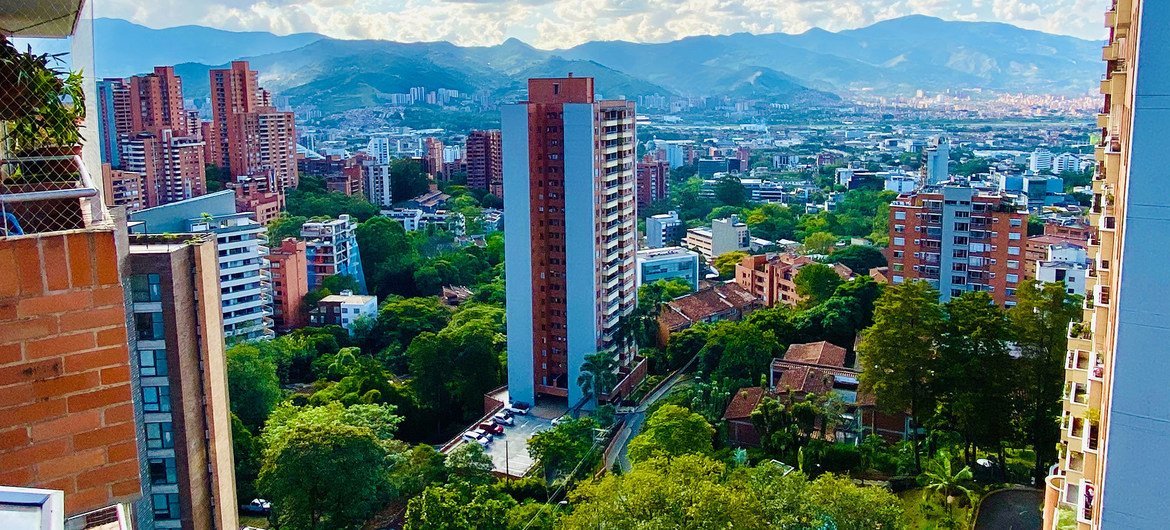
The Summit will bring together mayors and city leaders to discuss strategies to combat the global burden arising from non-communicable diseases (NCDs) and the increasing toll on urban health systems caused by injuries.
NCDs, including heart disease, stroke, cancer, diabetes, chronic respiratory diseases, and injuries arising from varied causes such as street violence, car crashes and falls, are responsible for 80 per cent of all deaths globally.
The majority of the world’s population is now living in urban settings and the United Nations has predicted that by 2050, around 2.5 billion more people will be living in cities.
Cities are therefore uniquely positioned to implement policies to significantly reduce exposure to risk factors, WHO said in a press release announcing the event in the UK capital.

An interconnected network of greenery across Medellín city in Colombia has significantly improved the lives of its citizens.
‘Flourish, or perish’
The Summit will highlight best practices, that are helping to save lives and creating healthier, more vibrant cities.
“Human health can either flourish or perish in cities,” said Dr Tedros Adhanom Ghebreyesus, WHO Director-General.
“Through the Partnership for Healthy Cities, WHO and partners are working with mayors to create programmes and policies that place health at the centre of urban design, such as safe streets that promote active mobility, local sources of fresh and healthy food, and smoke-free spaces.
“These are vital for building cities that foster good health and well-being, by fighting noncommunicable diseases like heart and respiratory diseases, cancer and diabetes.”
More urgency needed
The Partnership for Healthy Cities was founded in 2017 and is a global network of more than 70 major urban areas.
Supported by Bloomberg Philanthropies in partnership with the WHO and Vital Strategies, it enables cities worldwide to deliver a high-impact policy or programmatic intervention to prevent NCDs and injuries.
“Noncommunicable diseases and injuries are leading causes of death around the world, but they are preventable, and the Partnership for Healthy Cities is tackling them with the kind of urgency we need more of,” said Michael Bloomberg, WHO Global Ambassador for Noncommunicable Diseases and Injuries.
Mr Bloomberg, who is also the Founder of Bloomberg Philanthropies and a three-time Mayor of New York City, added that “city leaders are the first line of defence in protecting public health, and our network’s first-ever summit is an opportunity for even more partners to join the fight, adopt effective interventions, and accelerate our lifesaving work together.”

Hamburg in Germany was one of the first cities in Europe to switch over to purchasing 100% electric buses.
Sharing knowledge
In November last year, summit co-host, London Mayor Sadiq Khan, announced the expansion of the city’s world-leading Ultra Low Emission Zone London-wide. The measure aimed at reducing congestion, protecting health and tackling climate change will come into force on 29 August, 2023.
“Toxic air makes us sick from the cradle to the grave, leading to asthma and stunted lung growth in the young and dementia in the elderly,” said Mr Khan.
“Cities have the power to shape the health of their citizens and I look forward to learning from and sharing knowledge with other city leaders, and coming together to address the key health challenges of the future.”
